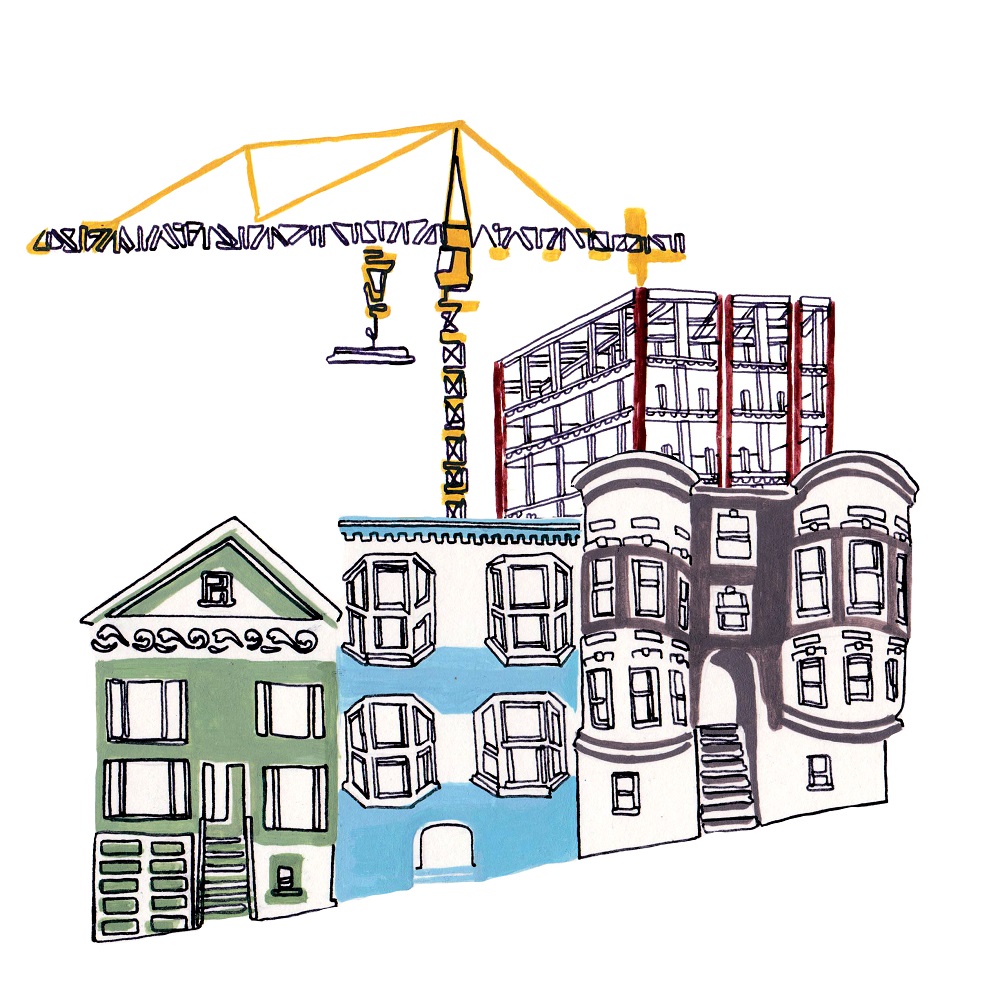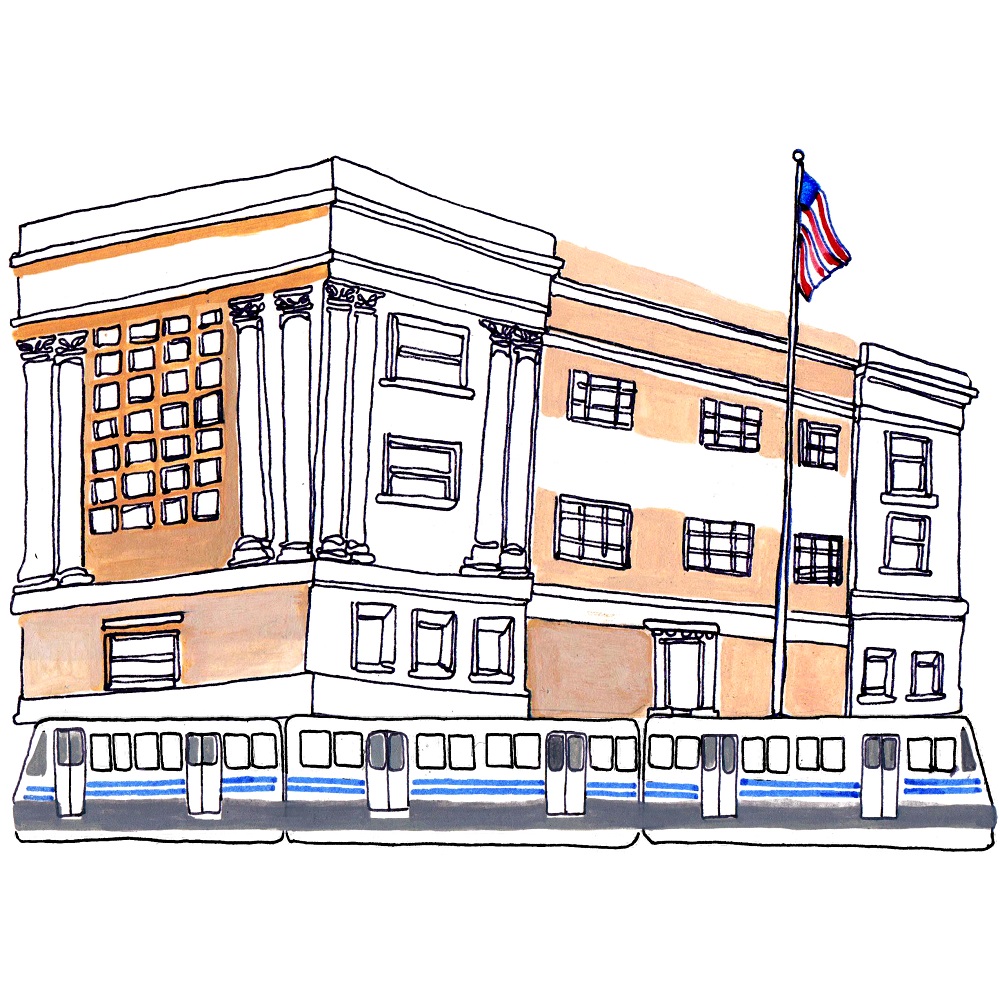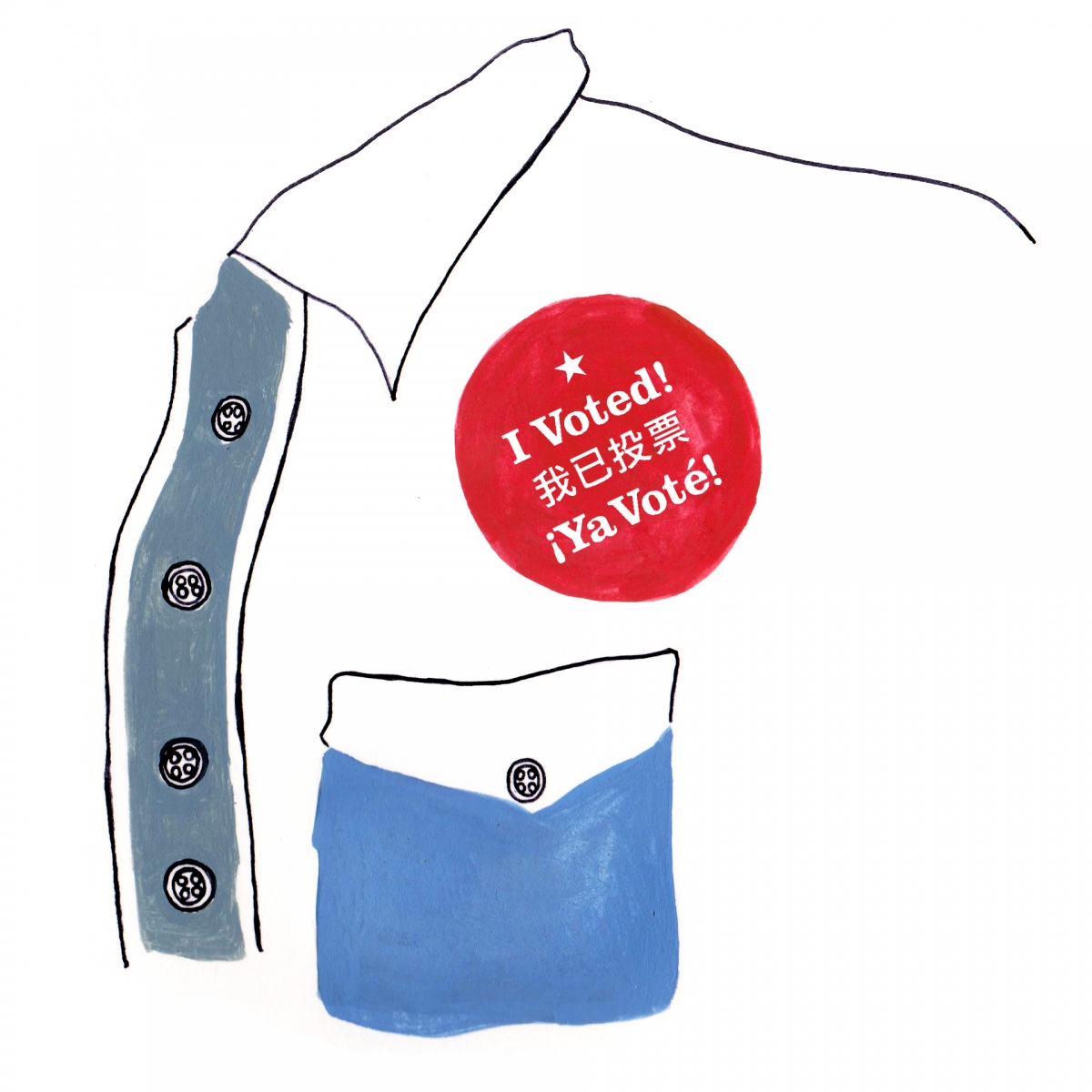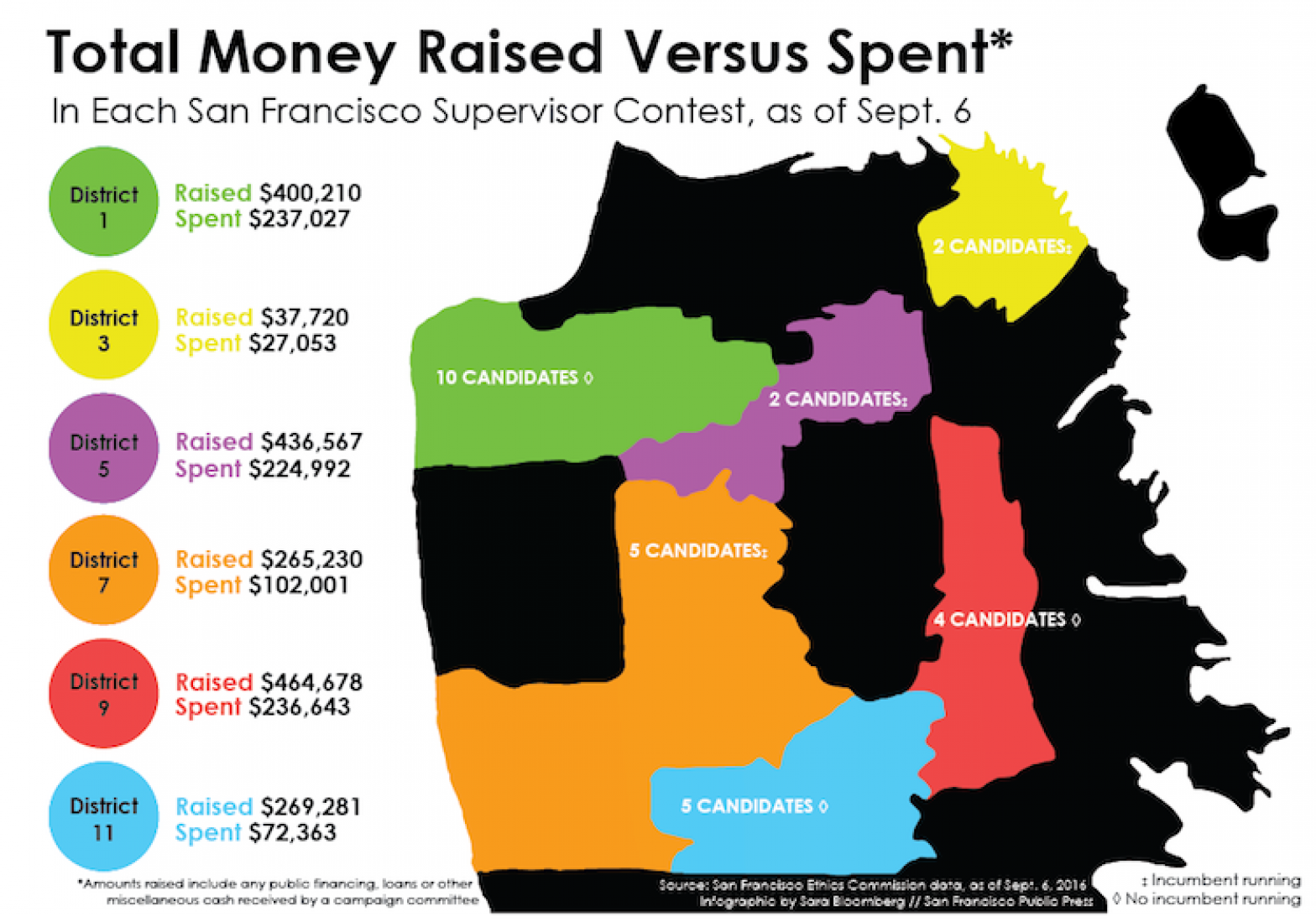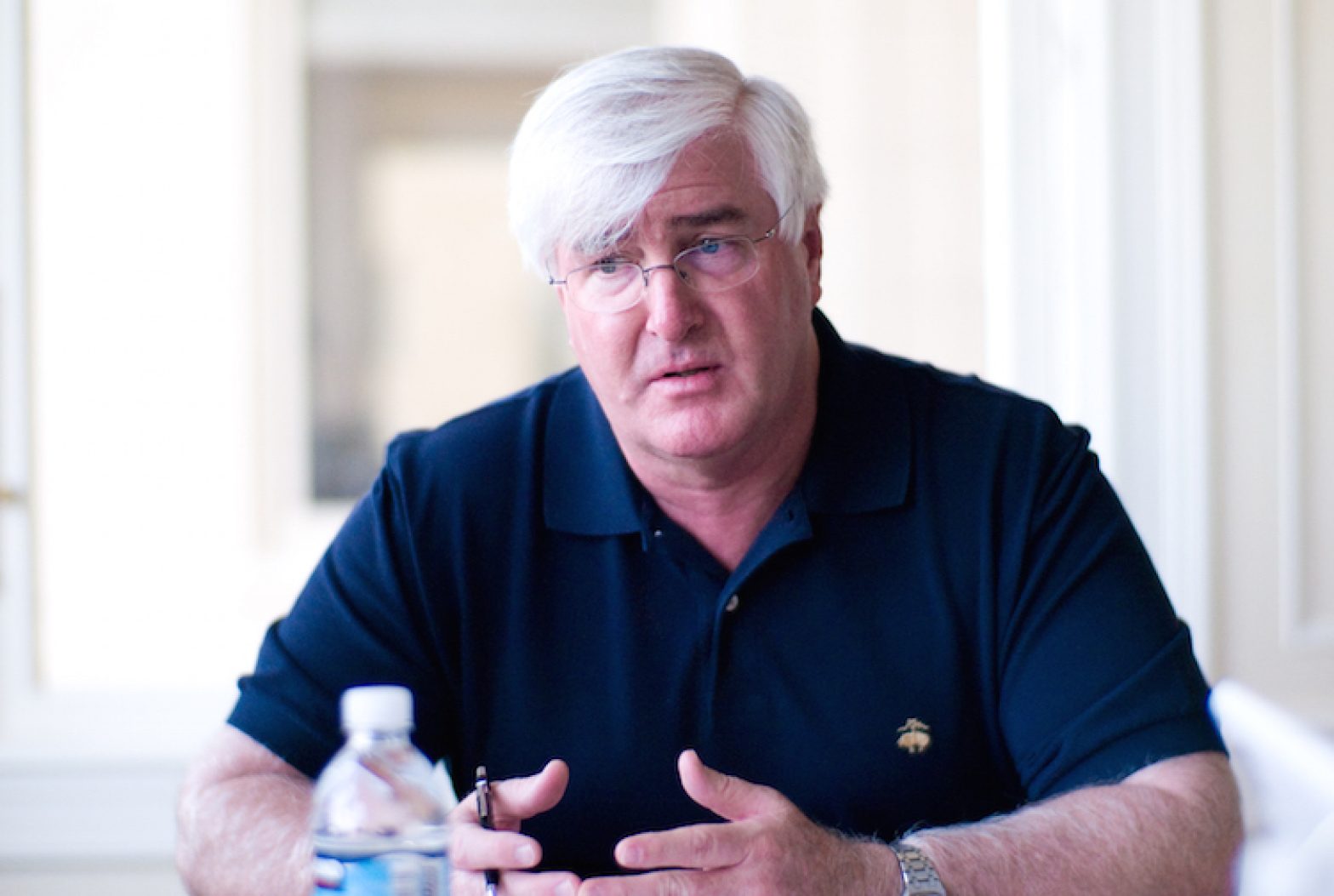2016 Non-partisan Voter Guide
$2 Million Fills War Chests of S.F. Candidates as Races Heat Up
With two months until Election Day, more than $2 million has been amassed in the collective war chests for local candidate campaigns, 90 percent of which has been raised for six Board of Supervisors seats.
